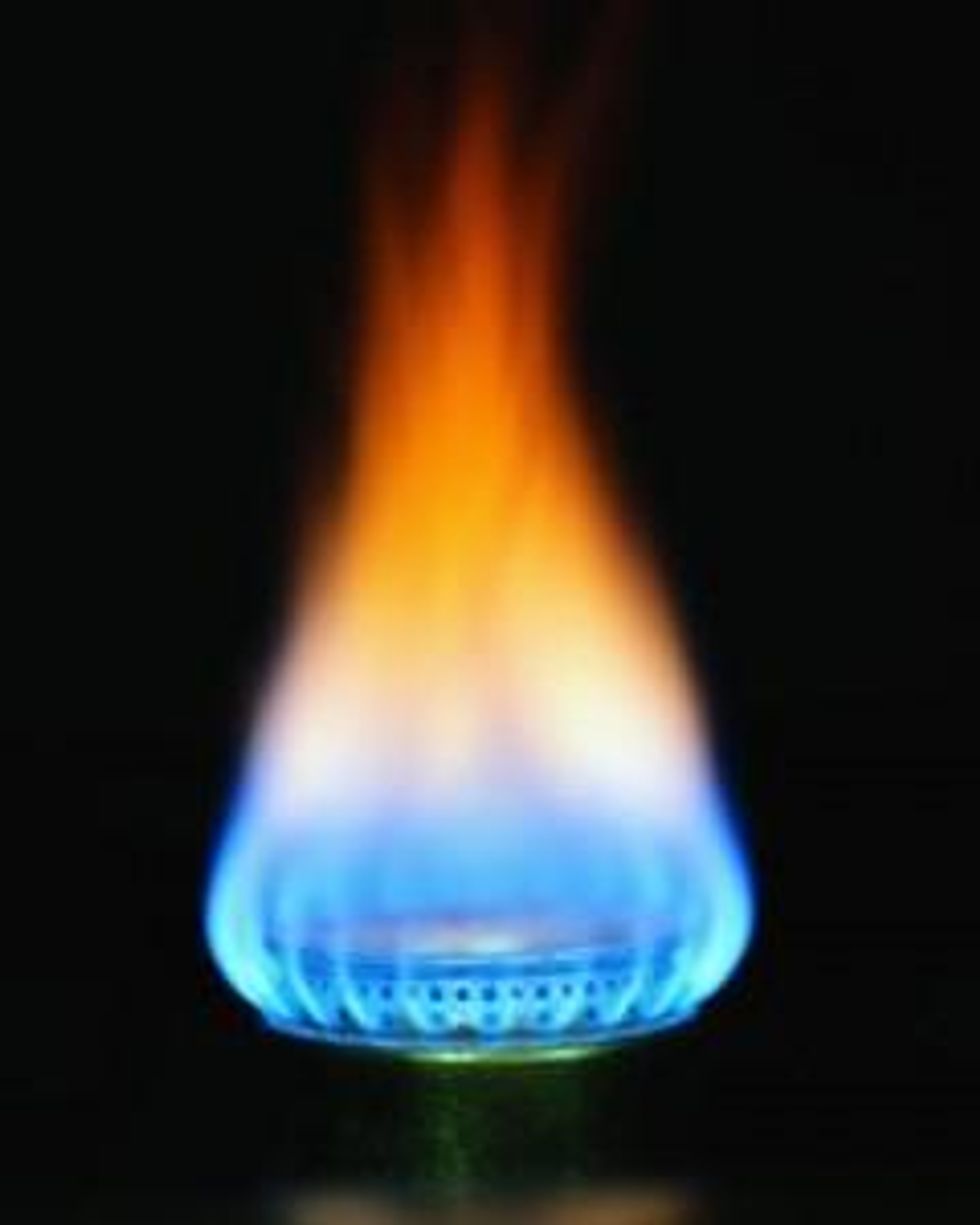Recent data shows that for the first time ever, US power generation from natural gas-fired plants is virtually equal to generation from coal-fired plants.
For as long as many can remember coal has stood out as the prominent energy source in the US; however according to a report by the Energy Information Association (EIA) this streak might very well have come to an end.
Natural gas on par with coal
Last week the association confirmed that for the first time since it began collecting data, electrical power data now shows that power generation from natural gas-fired plants is virtually equal to generation from coal-fired plants, with each fuel providing 32 percent of total generation.
The news comes at an opportune time for those looking to enter the market, with prices for the commodity having plunged from a record high of $13.10 per million British thermal units (MMBtu) in 2008 to its current level of $2.87 per MMBtu – resulting in a number of oil and gas junior share prices taking a nosedive.
“Elasticity of substitution”
The EIA also released a study on the competition between coal, natural gas, and petroleum used for electricity generation, which estimated what economists refer to as the “elasticity of substitution” among fuels. The concept measures how the use of fuels varies as their relative prices change and noted that in the US, a 10 percent increase in the ratio of the delivered fuel price of coal to the delivered price of natural gas leads to a 1.4 percent increase in the use of natural gas relative to coal – something that bodes well for those bullish on future natural gas demand.
In its latest forecast the EIA also projected that consumption of natural gas in the electric power sector will grow by 21 percent in 2012, primarily driven by the increased relative cost advantages of natural gas over coal for power generation.
Analytical data paints an even more positive picture for those still sitting on the fence. According to EIA recordings, natural gas accounted for 28.7 percent of total generation during the first quarter of 2012, compared with 20.7 percent during the same quarter last year. The increase in demand is even more compelling when noting that US power plants increased natural gas use by 40 percent in March of this year compared to a year earlier – from 503.9 billion cubic feet (Bcf) in March 2011 to 703.5 Bcf in March of this year.
Regulations assisting the market
Increasingly stringent regulations being implemented across the US are also playing their part in driving demand. Many utilities are now being forced to retrofit, or retire, coal-fired facilities to comply with the Mercury and Air Toxics Standard and Cross State Air Pollution Rule and are revamping plants as partial gas-burning facilities. Add this to the fact that numerous natural gas facilities constructed in the early 2000s that were operated as peakers – plants that generally run only when there is high demand – are now being called upon to run at significantly higher rates and the projection of future gas demand begins to become enticing.
It is not only the energy sector that is swaying investors to rethink the inclusion of natural gas in portfolios moving forward. In a recent interview, Steve Taylor, chairman and CEO of Taylor Asset Management, stated that he is witnessing a re-emerging demand for natural gas that many investors may be underestimating.
“Energy policies like the Pickens Plan, and similar offshoots that push U.S energy independence, will target commercial vehicles and transportation fleets. That’s going to begin to use more natural gas more quickly than a lot of people are currently thinking. That’s good for the country and good for natural gas producers,” he said.
Natural gas “stupendously cheap”
Porter Stansberry, Founder of Stansberry & Associates Investment Research, said that even if the energy sector fails to trigger demand, the market would surge regardless.
In a recent interview he underlined that the current lull in natural gas pricing has allowed for an enormous amount of money to be made over the next five or six years and that he forecasts many places where gas can and will supplant coal and oil.
“I don’t think natural gas has ever been as cheap relative to oil as it is currently, with the ratio of the price per barrel of crude oil to the price per 1,000 cubic feet (1 mcf) of gas now above 50:1. I can’t find a period in history where the ratio was ever more than about 24:1 or 25:1—and the 25:1 was an historical high as recently as August 2009,” he said. “So, compared to oil, natural gas has gone from being abnormally cheap to being stupendously cheap.”
He also added that the opening up of US natural gas to international markets through export would change the entire marketplace dynamic with resources currently considered worthless, possibly moving up to $5–6/mcf in the not too near future — as new pipelines relieve the current glut in the market and put upward pressure on prices.
Looking ahead
While the North American gas price continues to trade in the doldrums, market dynamics suggest a commodity on the rise. In an age hell bent on environmental regulation, as well as capital gain, natural gas provides an enticing solution from both a clean fuel, as well as economically viable aspect.
While investors might be wary to enter a sector that has suffered a monumental plunge over the past three years, surging demand suggests the start of a trend that might very well increase moving forward – even more so with the pullback of nuclear power generation as a result of the Fukushima disaster. With junior natural gas companies trading at rock-bottom prices, and with many of these viewed as prime takeover opportunities by well-funded majors, investors should be viewing the next few months as an opportune time to finally enter this high-potential market.






